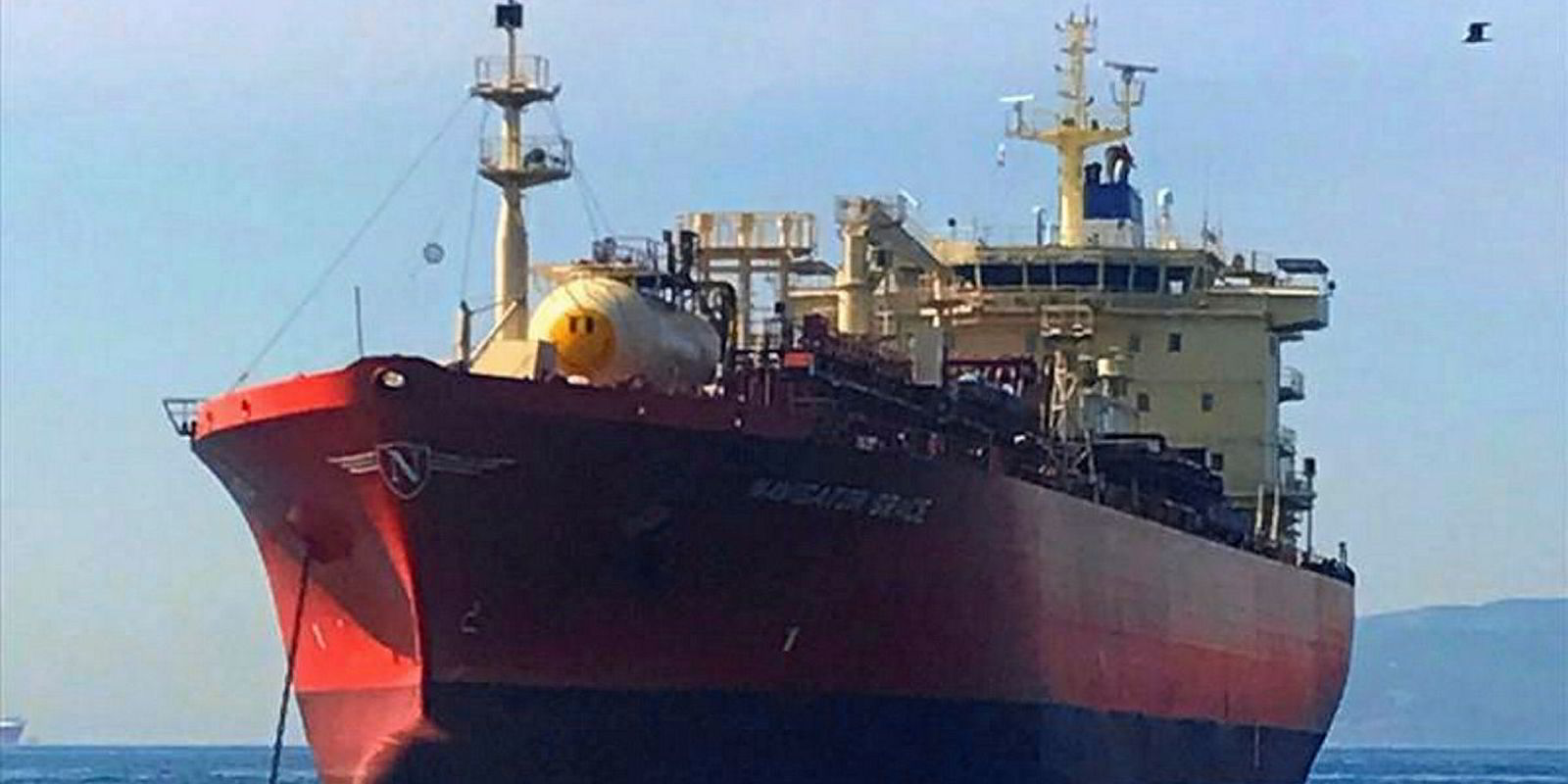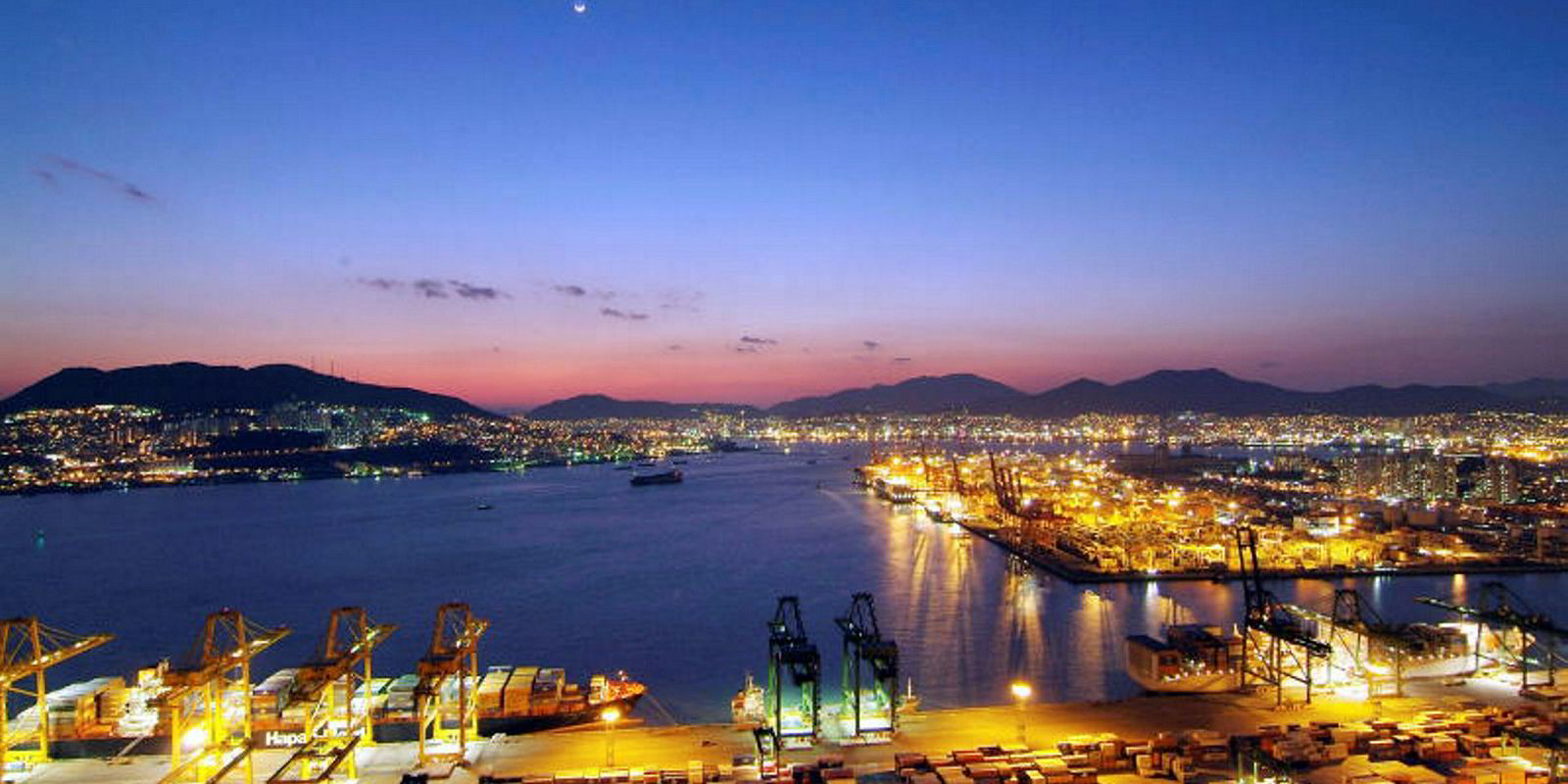Navigator Holdings is denying any wrongdoing after three of its ships appeared on a list of vessels that worked to deliver petroleum to Syria's ruling government in violation of various international sanctions.
In a statement to TradeWinds Wednesday morning, the London-based LPG carrier owner said they were "unaware of any allegation or charges" from the US Treasury Department's Office of Foreign Asset Control (OFAC) in relation to alleged ship-to-ship transfers of petroleum.
"[W]e do not believe that we have, intentionally or unintentionally, violated any US sanctions involving Syria or any other country or person, and we are not aware of any allegation by OFAC or any other sanctions authority that we have violated sanctions," the statement read.
"We operate so as to comply with, amongst others, US, EU and UN sanctions."
Last week, the New York-listed company's 22,600-cbm Navigator Grace (built 2010), the 22,000-cbm Navigator Pegasus (built 2009) and the 20,500-cbm Navigator Gemini (built 2009) appeared on a list of 33 ships that engaged in the alleged ship to ship transfers over the last three years.
Transferring cargo between ships is one of a handful of "deceptive shipping practices" that companies and governments use to get around sanctions as identified by OFAC.
The list was part of a warning aimed at the companies, shipowners, managers, operators, insurers and financiers involved that OFAC could come after them.
Since the civil war between the Bashar al-Assad regime, rebel groups and the so-called Islamic State broke out in 2011, hundreds of individuals and companies have had their assets frozen thanks to sanctions from the US and European Union. Included in those sanctions are bans on selling petroleum products and oil to the Assad regime.
The list was non-exhaustive and was accompanied by a second list of ships that engaged in direct sales of petroleum products to the country.
In its statement, Navigator emphasised that the list is not an enforcement action against the company of its officers.
Still, in its advisory, OFAC threatened that US citizens or those in US jurisdictions can face civil and criminal penalties for violating the sanctions.
For US citizens or those in US jurisdictions, violating sanctions can result in civil or criminal penalties.
"The United States has made it clear to the maritime shipping community that we will not tolerate the use of petroleum as a mechanism to finance rogue regimes in Iran and Syria," US Under Secretary for Terrorism and Financial Intelligence Sigal Mandelker said in a statement accompanying the two lists.





